I have a query running against a SQL Server database that is taking over 10 seconds to execute. The table being queried has over 14 million rows.
I want to display the Text column from a Notes table by a given ServiceUserId in date order. There could be thousands of entries so I want to limit the returned values to a manageable level.
SELECT Text
FROM
(SELECT
ROW_NUMBER() OVER (ORDER BY [DateDone]) AS RowNum, Text
FROM
Notes
WHERE
ServiceUserId = '6D33B91A-1C1D-4C99-998A-4A6B0CC0A6C2') AS RowConstrainedResult
WHERE
RowNum >= 40 AND RowNum < 60
ORDER BY
RowNum
Below is the execution plan for the above query.
- Nonclustered Index - nonclustered index on the
ServiceUserIdandDateDonecolumns in ascending order. - Key lookup - Primary key for the table which is the
NoteId
If I run the same query a second time but with different row numbers then I get a response in milliseconds, I assume from a cached execution plan. The query ran for a different ServiceUserId will take ~10 seconds though.
Any suggestions for how to speed up this query?
